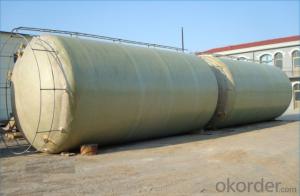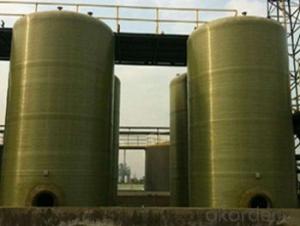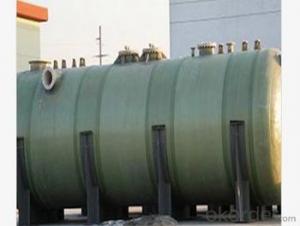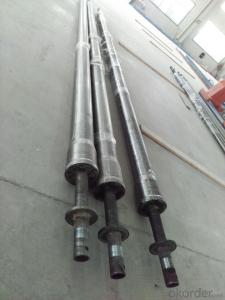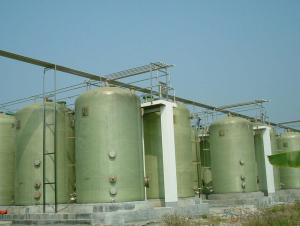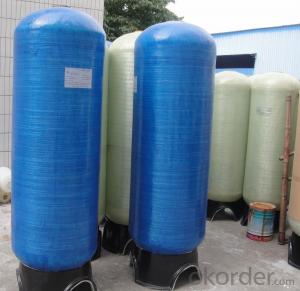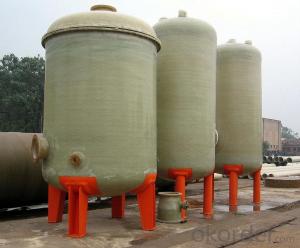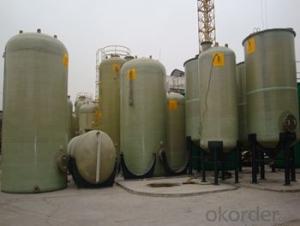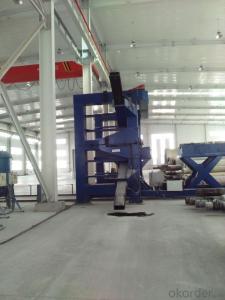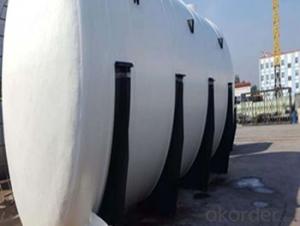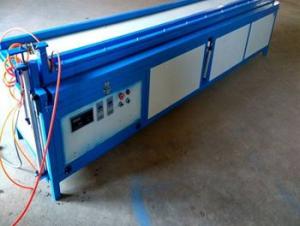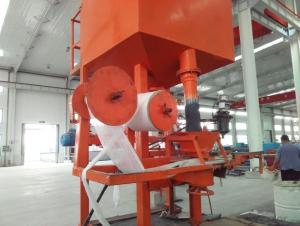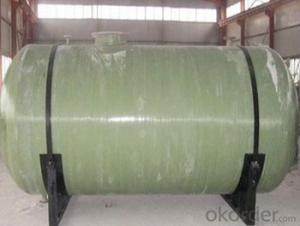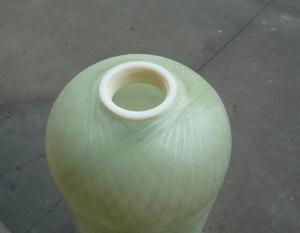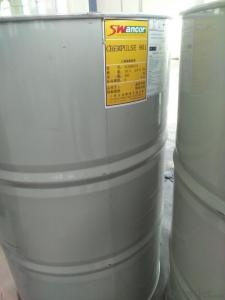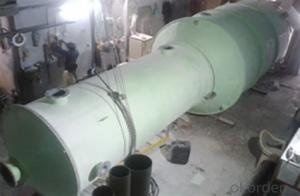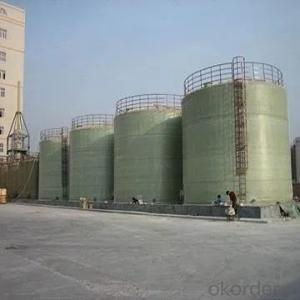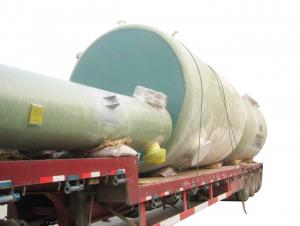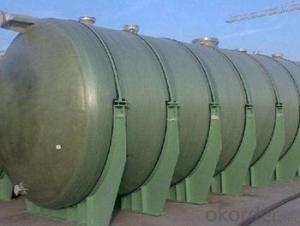All Categories
- - Steel Wire Rod
- - Steel Coils
- - Steel Profiles
- - Steel Pipes
- - Stainless Steel
- - Tinplate
- - Special Steel
- - Steel Sheets
- - Steel Rebars
- - Steel Strips
- - Hot Rolled Steel
- - Cold Rolled Steel
- - Pre-painted Steel
- - Seamless Steel Pipe
- - Welded Steel Pipe
- - Hollow Steel Tubes
- - Galvanized Pipe
- - Stainless Steel Coil
- - Stainless Steel Sheet
- - Stainless Steel Plate
- - Stainless Steel Strips
- - Electrolytic Tinplate Coil
- - Electrolytic Tinplate Sheet
- - Stainless Steel Rebars
- - Solar Panels
- - Solar Water Heater
- - Solar Related Products
- - Solar Inverter
- - Solar Cells
- - Solar Light
- - Solar Energy Systems
- - Solar Controllers
- - Solar Mounting System
- - Solar Pump
- - Solar Chargers
- - Fiberglass Chopped Strand
- - Fiberglass Mesh Cloth
- - Composite Pipes
- - FRP Pultrusion Profiles
- - Fiberglass Mat Tissue
- - Fiberglass Fabrics
- - Fiberglass Mesh
- - Composite Tank
- - Fiberglass Mesh tape
- - Polymer
- - FRP Roofing Panel
- - Fiberglass Roving
- - Monolithic Refractories
- - Ceramic Fiber Products
- - Refractory Bricks
- - Raw Materials For Refractory
- - Suspended Platform
- - Cranes
- - Concrete Machinery
- - Earthmoving Machinery
- - Building Hoist
- - Road Building Machinery
- - Plastic Pipe Fittings
- - Plastic Tubes
- - Plastic Sheets
- - Agricultural Plastic Products
- - Plastic Nets
 All Categories
All Categories
Q & A
What are the structural design considerations for composite tanks used in seismic zones?
Some key structural design considerations for composite tanks used in seismic zones include ensuring adequate strength and stiffness to withstand seismic forces, incorporating proper anchorage and restraint systems to prevent uplift and overturning, implementing ductile design principles to allow for energy dissipation during earthquakes, considering the effects of fluid sloshing on tank stability, and conducting thorough analysis and testing to validate the structural integrity and performance of the composite materials under seismic loading.
Are composite tanks used in the automotive industry for hydrogen storage?
Yes, composite tanks are used in the automotive industry for hydrogen storage. These tanks are made from lightweight materials such as carbon fiber reinforced polymer, which provide high strength and durability while reducing the overall weight of the vehicle. Composite tanks offer significant advantages over traditional metal tanks, including improved safety, increased fuel efficiency, and greater design flexibility.
Can composite tanks be used for rainwater filtration systems?
Yes, composite tanks can be used for rainwater filtration systems. Composite tanks are durable, corrosion-resistant, and can be customized to accommodate various filtration components. They provide a reliable storage solution for rainwater while allowing for efficient and effective filtration processes to improve water quality.
Are composite tanks used in the agriculture sector?
Yes, composite tanks are commonly used in the agriculture sector. These tanks are lightweight, durable, and resistant to corrosion, making them ideal for storing and transporting various agricultural chemicals, fertilizers, and water. They are also cost-effective and easy to install, making them a popular choice among farmers and agricultural businesses.
Wholesale Composite Tank from supplier in France
We are a Composite Tank supplier serving the France, mainly engaged in the sale, quotation, and technical support services of various Composite Tank products in the France region. We are a subsidiary platform of the Fortune Global 500 company CNBM, able to provide you with one-stop Composite Tank procurement services in the France. Not only do we have a wide range of Composite Tank products, but after years of market development in the France, we can also provide valuable experience for your projects.
